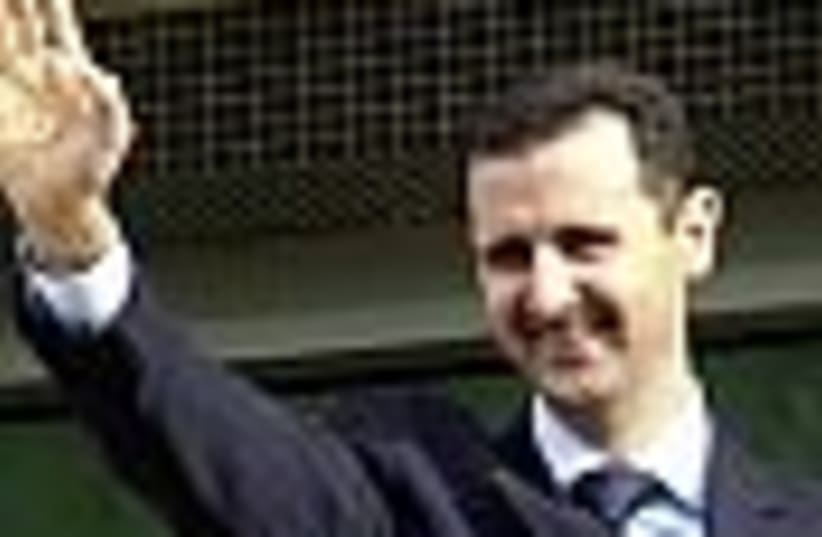| More about: | Syria, Assef Shawqat, Rafic Hariri, Bashar al-Assad |
Analysis: Is Assad's speech Syria's last chance?
Syrian President will take to the podium Thursday for only the third time during his presidency.


| More about: | Syria, Assef Shawqat, Rafic Hariri, Bashar al-Assad |